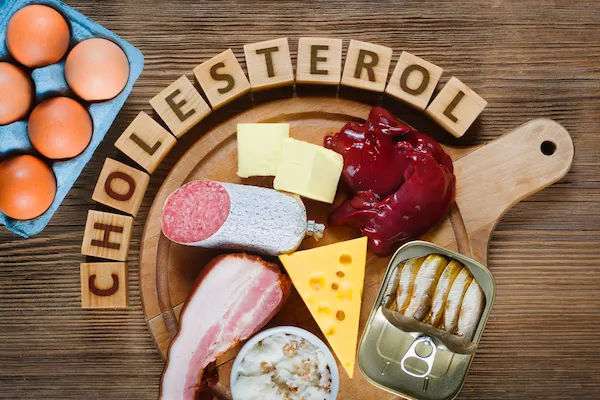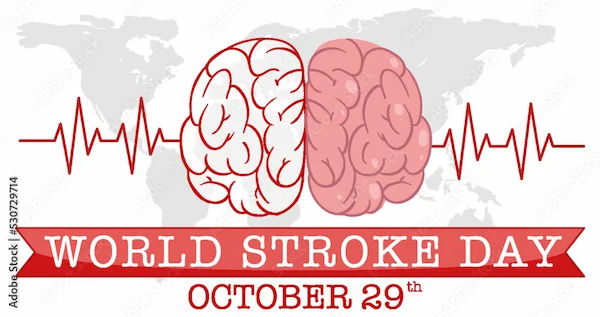- male
- 50 Years
- 29/01/2025
I've been having an abnormal heart rate for the past month, consistently between 90 and 110. I was on high blood pressure medication but stopped taking it two months ago based on my doctor's advice. They told me to keep an eye on my blood pressure, but I'm worried about whether my heart rate is something to be concerned about. Should I be seeing any changes, or is this normal after stopping the medication?
Answered by 1 Apollo Doctors
It is important to monitor your blood pressure regularly, especially if you have a history of high blood pressure. Since you are experiencing an abnormal heart rate, it is crucial to manage your blood pressure effectively. You can monitor your blood pressure at home using a digital blood pressure monitor. If your blood pressure remains consistently high, your doctor may recommend restarting your high blood pressure medication. In the meantime, it is important to stay hydrated, maintain a healthy diet low in sodium, and engage in regular physical activity to help manage your blood pressure.
Dr. Anshul Suggests...
Consult a Cardiologist
Answered 04/07/2025
0
0

More Cardiology Health Queries
View allSo, I just got my Echo report and it says EF is 65 and there's something about Mild concentric LVH. Can you explain what this means and if it's something I should be worried about? Is it a serious heart problem?
In that Echo report, an ejection fraction (EF) of 65% indicates normal heart function. Mild concentric left ventricular hypertrophy (LVH) means that the walls of the heart's main pumping chamber are slightly thickened. This condition can be managed with lifestyle changes and medications. You can take Losartan 50mg once daily to help with blood pressure control and to reduce the workload on the heart. Regular exercise and a low-sodium diet can also be beneficial.
Answered by 1 Apollo Doctors
I'm dealing with this chest pain for the last couple of months, and I've already checked in with a gastric specialist and taken some gas meds. Even had an ECG done and that seemed fine. But I'm still feeling this pain when I move around or lift stuff. Could this be a muscle issue in my chest? Should I be worried, and is there something specific I should be taking to help with it?
Based on your description, it is possible that your chest pain is indeed related to chest muscle pain. To help relieve the pain, you can try taking over-the-counter pain relievers such as acetaminophen or ibuprofen. Additionally, you can use a muscle relaxant such as methocarbamol to help relax the chest muscles and alleviate the pain. It is also important to rest the affected area and avoid activities that worsen the pain. If the pain persists or worsens, it is advisable to follow up with your healthcare provider for further evaluation and management.
Answered by 1 Apollo Doctors
I'm feeling this weird sinking sensation in my chest every now and then, especially when I'm super stressed out. It's kind of freaking me out, even though I've had an ECG and checked my blood pressure, and both are normal. What could this possibly mean?
That could be due to anxiety ,needs evaluation visit general physician for further management
Answered by 1 Apollo Doctors
Disclaimer: Answers on Apollo 247 are not intended to replace your doctor advice. Always seek help of a professional doctor in case of an medical emergency or ailment.




